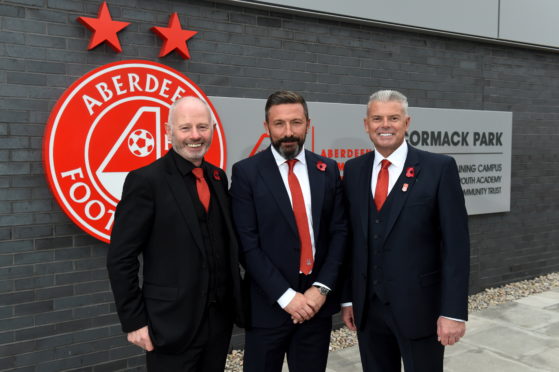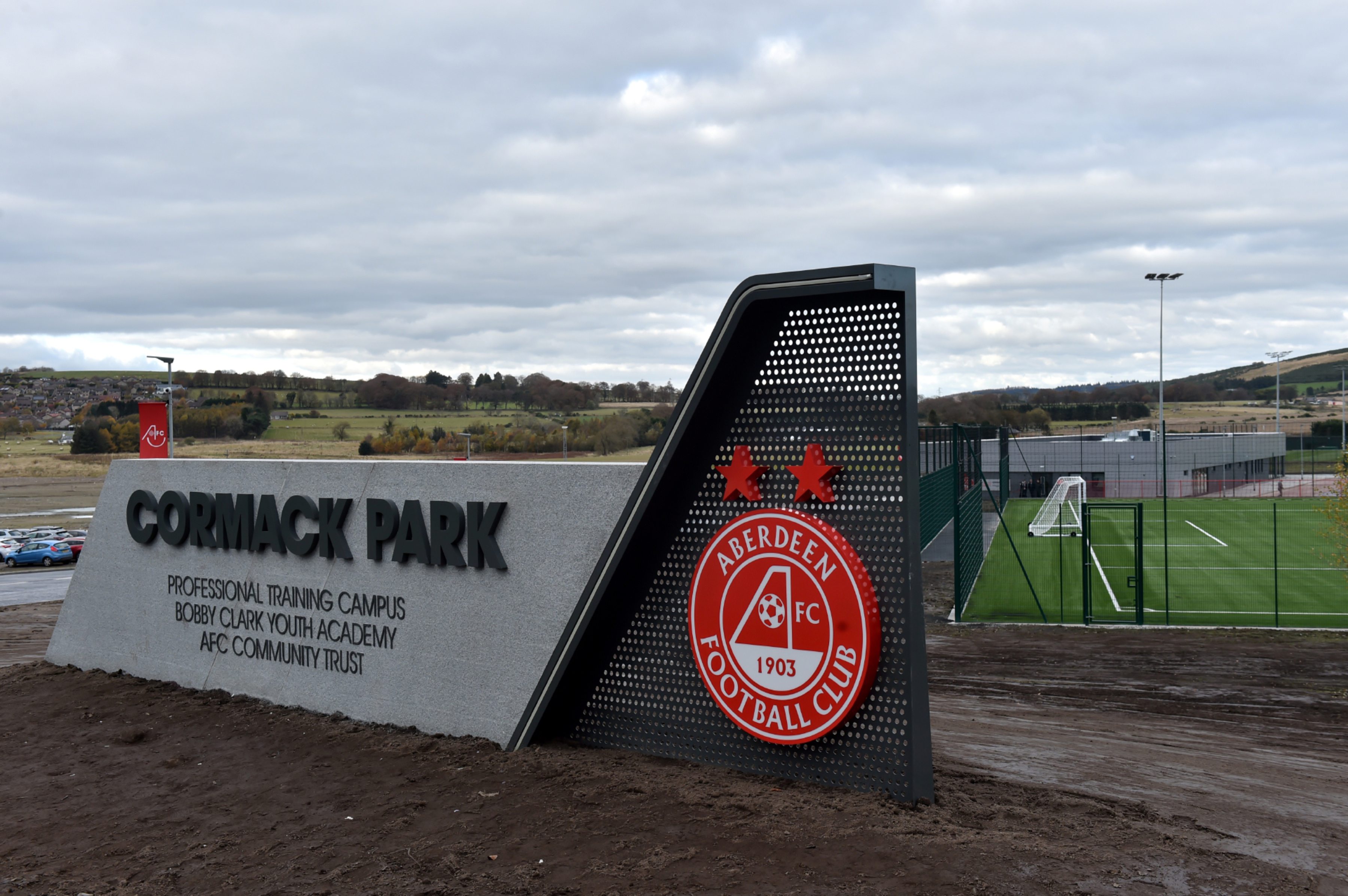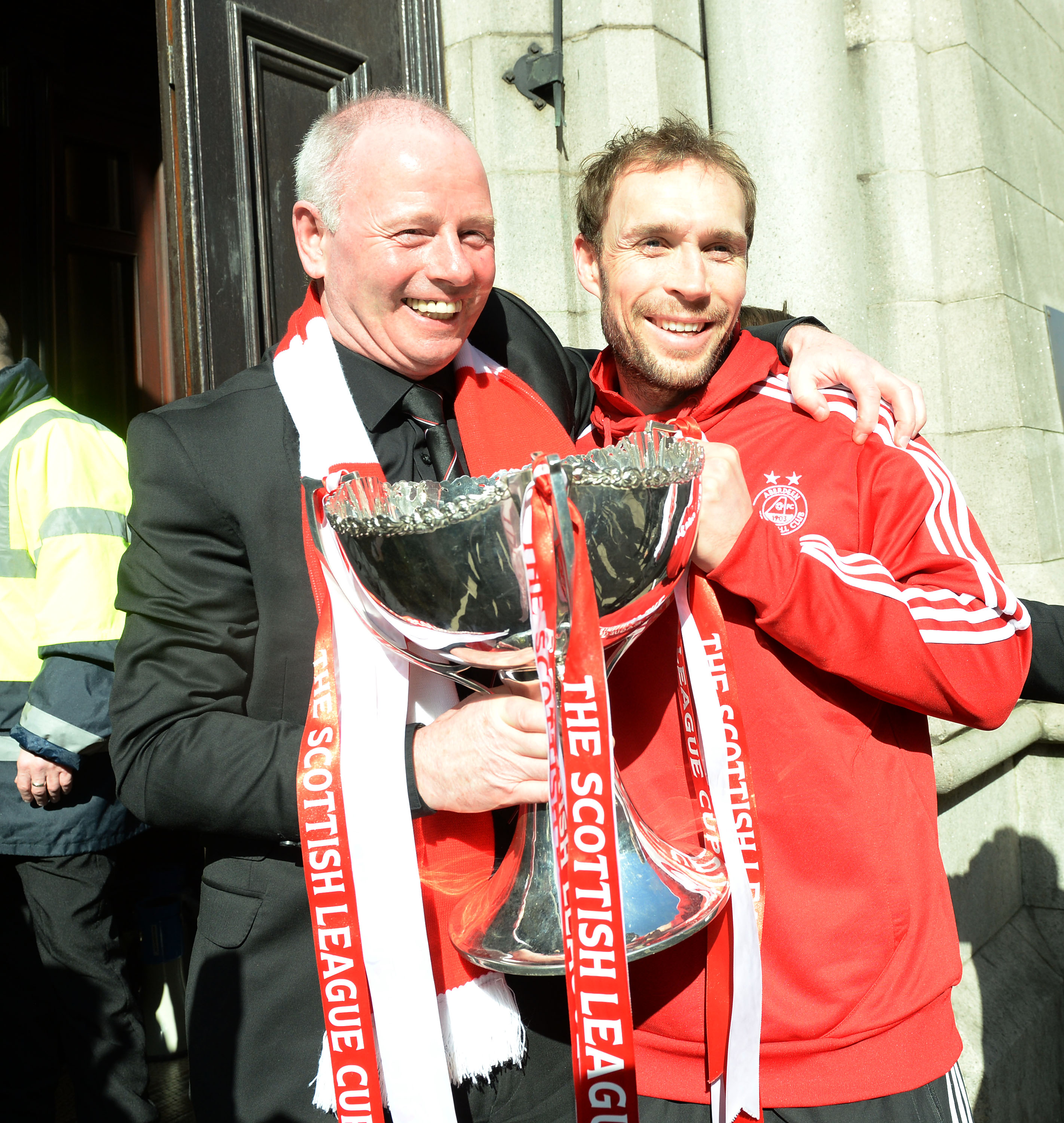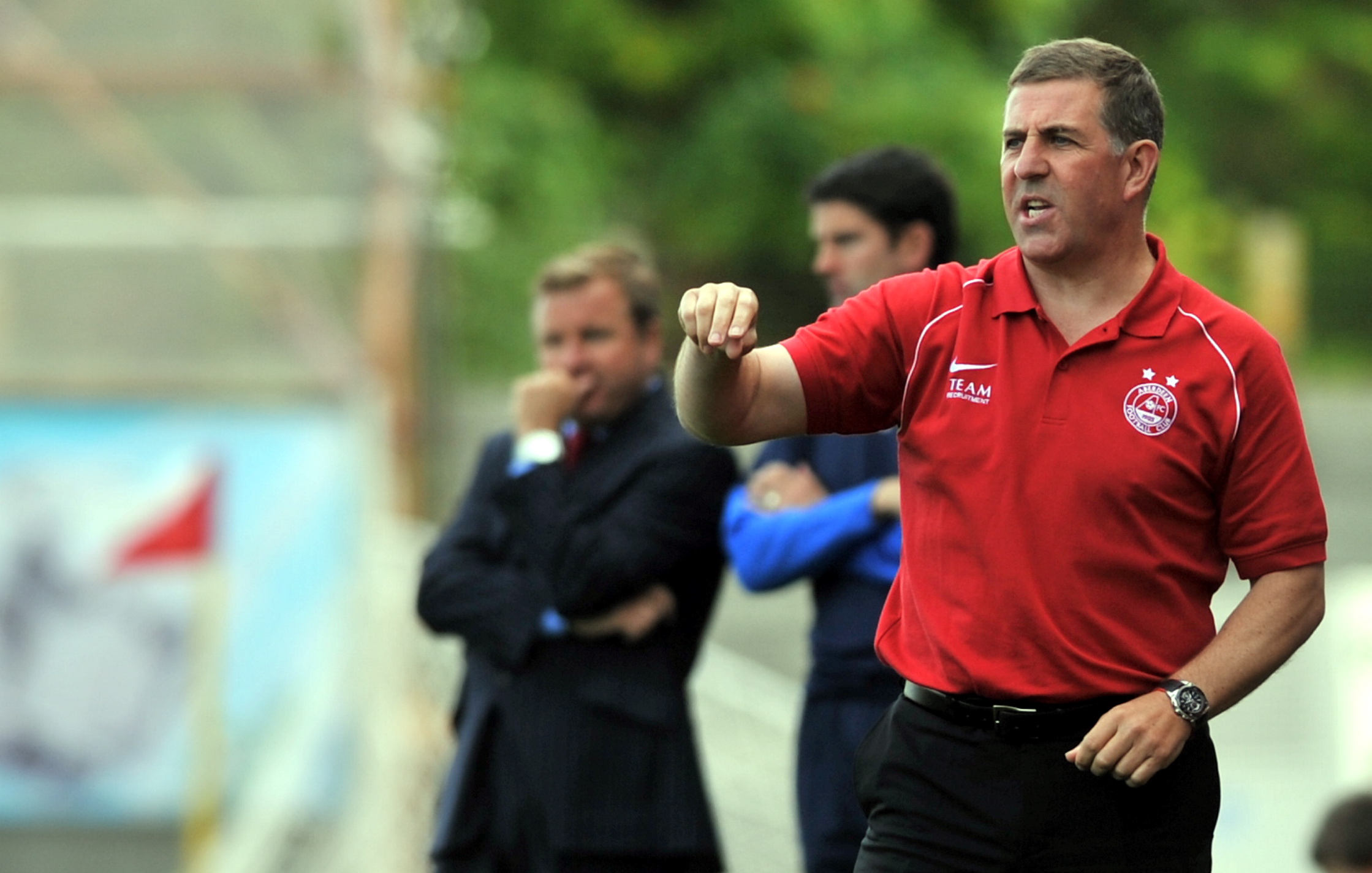After 25 years as a director of his beloved Aberdeen, 21 years as chairman, Stewart Milne has decided the time is right to let someone else have a go.
Anyone paying attention spotted the tell-tale signs a while ago.
The return of former chief executive Dave Cormack as a director, bringing with him a sizeable investment and the drive to take the Dons kicking and screaming into the 21st Century, was the first.
Cormack’s rapid promotion to the position of vice-chairman a year ago was the second – a reflection of the impact he had made in a short first period.
He attracted US investment from associate Tom Crotty, which led to £8.5million in funding for the new training ground.The final cost of delivery was nearer £13 million and the decision to name the complex Cormack Park was the third reckoner that the winds of change were blowing.
Perhaps the fourth, and most telling, indicator came at the opening of Cormack Park when the outgoing chairman – emotional at seeing a project he had been striving to deliver for two decades finally become a reality – was asked whether he would still be at the helm to oversee delivery of the club’s new stadium.
Milne, somewhat surprised at the question, paused before smiling. His answer when it eventually came was firmly non-committal.
He said: “I will enjoy this moment. The club needs to take a deep breath after delivering this and we will see how we move forward.”
The man who created a house-building empire from meagre beginnings in Alford has faced questions about his commitment and his future several times during his Pittodrie tenure. But the speed of change at the club has shown a new picture being formed.
Milne can see it but, for a while now, he hasn’t been the one applying the brush strokes. That task has fallen to the man who will be replacing him as the driving force in the Dons boardroom.
But as he prepares to take a step back, Milne’s stewardship of the club should be looked upon favourably.
Whether it will be is another matter, given the fickle nature of football.
Fans crave success and share the same traits as their outgoing chairman, who was just as desperate for trophies.
He may have a few bob more in his bank account that the average Dons fan but don’t for a second believe he was any less thrilled at seeing Derek McInnes deliver the League Cup in 2014.
Milne’s tenure has arguably been during the toughest period the club has known. When he arrived in 1994 the Dons were still chasing the Alex Ferguson glory days of the 1980s.
But Scottish football, thanks to Sir David Murray’s millions at Rangers, had been transformed. The Dons were no longer on equal footing with the Old Firm.
They trailed a distant third financially and trying to keep up was a thankless task – but Milne persevered regardless.
The revolving doors of managers at Pittodrie spun faster than they ever had before as Alex Miller, Ebbe Skovdahl, Steve Paterson, Jimmy Calderwood, Mark McGhee and Craig Brown were given the task of again making Aberdeen competitive. If they could win the odd cup, then even better.
But it was not to be. Not until Derek McInnes arrived in April 2013. McInnes has delivered one League Cup and taken his side to three other domestic finals, only to run into the immovable object that was Brendan Rodgers’ Celtic.
McInnes has also led the Dons to Europe every season he has been in charge. That’s why, when the going got tough this year and rumblings of discontent were heard among the Red Army, Milne stood firm.
Some fans have short memories. Milne doesn’t. He remembers the dark days of toiling near the bottom of the league, the high of facing Bayern Munich in the Uefa Cup under Calderwood, then the lows which followed, with McGhee’s ill-fated spell in charge.
If Milne’s reign has taught him anything, it is that not every change works out for the better. He’ll be hoping, like his last managerial appointment, that this change brings fresh success.
If it doesn’t, it is his successor who will face the tough questions. But Cormack knows, at the very least, Milne can offer some sage advice.



